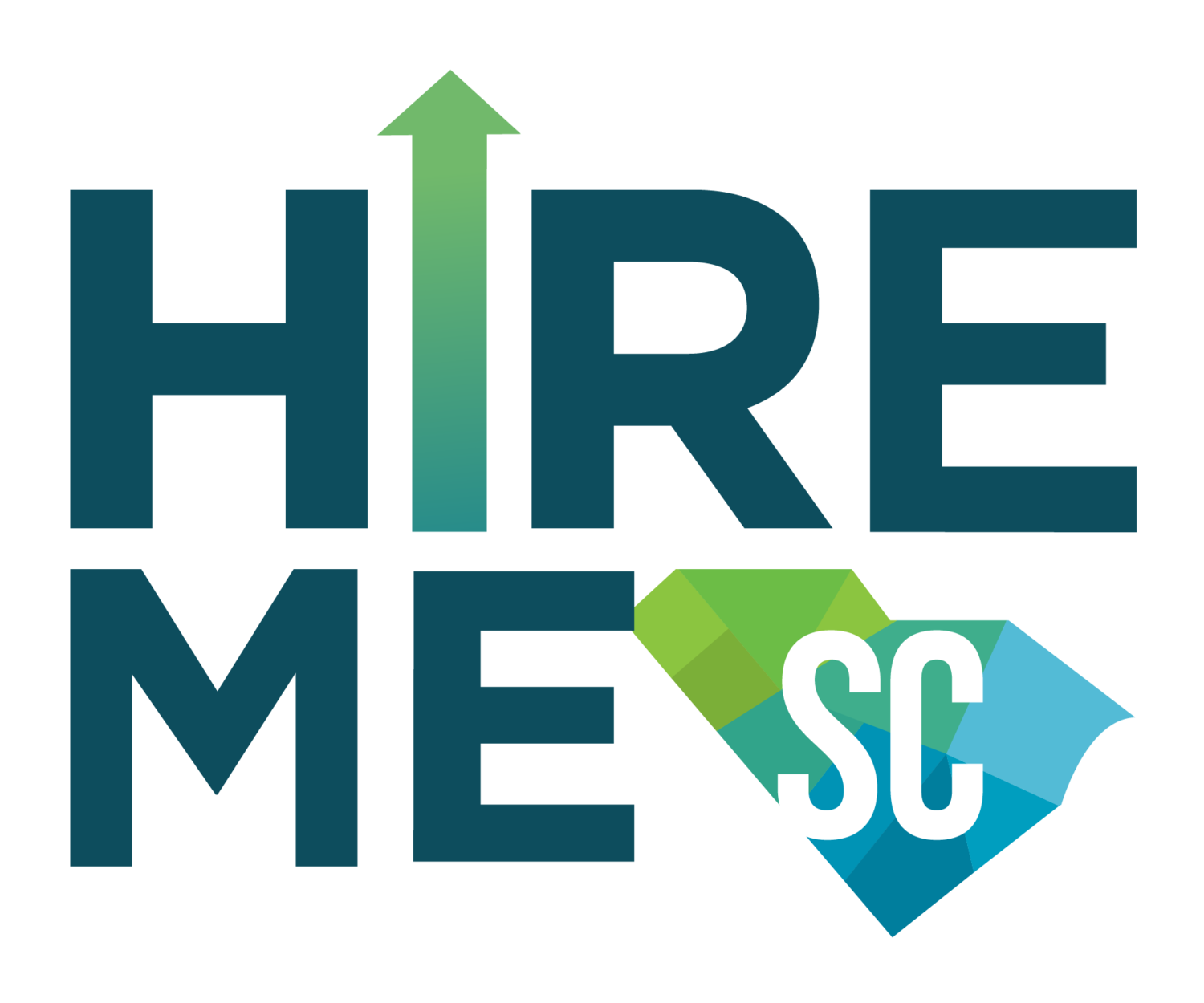The State: SC is among worst for hiring people with disabilities. Folks like Karl want to change that
AUGUST 16, 2021 5:00 AM
COLUMBIA, S.C.
Sometimes it’s hard to drag more than a few sentences out of Karl Hoecke when he comes home from work. It’s like asking a teenager how school went. But ask Karl about lunch, and the 26-year-old can go on and on. Karl’s dad, W.C. Hoecke, laughs. “That’s the only reason he’s going to work, so he can have lunch with his friends.”
But W.C. Hoecke, a Columbia preacher, knows that work is worth more than lunchtime socialization for Karl, who has Down syndrome. “We all are looking for purpose, and work is one of the big ones,” W.C. Hoecke says.
Karl has found a sense of purpose — not to mention independence and empowerment — working at Columbia’s Riverbanks Zoo and Gardens for the past three years. Among adults with disabilities in South Carolina, Karl is in the minority who are employed. But he’s helped open doors for others with disabilities to work at Riverbanks — and he’s working with others to illuminate paths to employment for people with disabilities across the state
South Carolina has one of the lowest employment rates in the nation for people with disabilities, according to Able SC, a nonprofit run mostly by people with disabilities that aims to support and empower people with disabilities and influence systems that serve them. Only about a third of disabled adults in South Carolina are employed, national data show.
“We’ve got to stop thinking about, ‘Where can people with disabilities work?’ It should be everywhere. It shouldn’t be segregated,” said Kimberly Tissot, president and CEO of Able SC. “Why are people with disabilities still facing so much discrimination when there are protections, and employers have a responsibility to hire people with disabilities?”
Able SC is working to increase employment for people with disabilities through its Hire Me SC campaign, which includes encouraging employers to follow the law and be equitable in their hiring practices.
THE RIGHT TO WORK
One of the biggest barriers to employment for people with disabilities, Tissot said, is “perception from the employers.” Many employers, she added, are not well acquainted with the federal Americans with Disabilities Act.
“Employers often don’t think about hiring people with disabilities, and when they don’t do that, it actually is not good business,” Tissot said. What’s more, “Sometimes, families have a role of being a barrier to employment, and not out of anything but love. They’re trying to take care of their loved ones and protect them, but a lot of times it ends up they’re actually holding them back.”
From early on in Karl Hoecke’s life, his parents recognized they would have to set aside “What is it that we want?” for their son and lean into finding work for Karl that “makes (him) come alive,” W.C. Hoecke said.
For Karl, the joy — the life — in his work comes from socializing, connecting with people, building relationships. He works most days in the Tuskers restaurant at the zoo, and also works some in the gift shop.
“Why I like my job is God used it as a skill for me ... a gift,” Karl said. “I like the socialization.”
Attempts to reach zoo representatives for comment were unsuccessful.
Karl has saved money to take a trip to Minnesota later this month to attend a friend’s wedding and go camping. And Karl is quick to be generous with his wallet, too, his dad said. Paying his own way is meaningful for Karl, W.C. Hoecke said.
Tissot has watched Karl grow and thrive in his work at the zoo.
“He is just like anyone else with being able to work,” she said. “He wants to do it, and he has that right to do it. He worked for what he has, and I hope to see Karl rise even more, if it’s at the zoo or if it’s within another company.”
For employers, hiring people with disabilities “is good business,” Tissot said. “We have better retention rates. We have better employee evaluations. We are always above in achieving success within the job.”
MAKING A WAY
W.C. Hoecke wants other young people and adults with disabilities to get the same opportunities to work that Karl has. Able SC helps — it’s “a gold mine” for families, Hoecke said — by providing resources for everything from understanding laws to navigating finances to fighting for the right to work.
“As parents, you really have to be pretty aggressive on trying to find a place for them to plug in and work,” Hoecke said. “And sometimes you have to be pushy and push yourself into those roles. But (Karl) has had success because he’s been bold.”
So bold, in fact, that he’s got eyes on the next step he would like to take at work: Giving the speech to crowds at the zoo before the sea lion show.
Karl’s even making moves at lunch — naturally.
Coming home from work one day, Karl asked W.C., “Dad, what’s a CEO?”
“That’s the big boss,” W.C. replied.
“Oh. I had lunch with him today,” W.C. laughed again, recalling his sociable son’s response. “He saw someone sitting down by himself eating lunch, and he walks over and sits down next to him.
“He makes a way for himself.”
